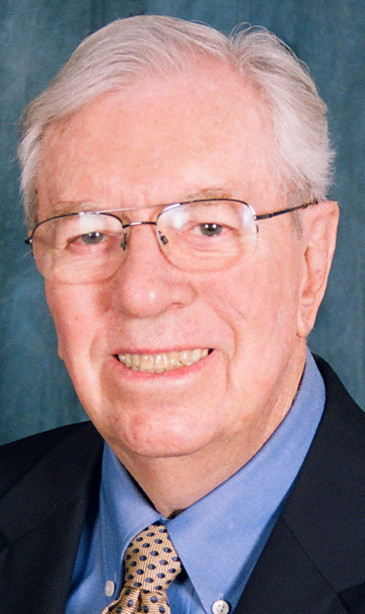‘Legislating ethics’ Guest Column
A good friend who is a retired attorney recommended I take a look at the new “Public Integrity Reform Act of 2011” (PIRA) that was a dominant theme of the governor’s pre-election ethics reform campaign. This legislation, which was sponsored in the Senate by Majority Leader Dean G. Skelos will, using a memorandum just published by the compliance practice of Greenberg-Traurig, “dramatically change the landscape for public officials who have outside business interests; and, for the first time the public will be able to learn of the names of clients of public officials who have outside practices, determine nearly the exact amount that public officials earn from outside activities and whether those outside activities are related to State business.”
Lest you get too enthralled, please consider the following. Back in 2007, the Public Employees Ethics Reform Act became law. In retrospect it proved to be less than effective. Wonder why? When enacted, this law did not apply to state legislators or employees of the Legislature.
The new legislation now creates a Joint Commission on Public Ethics (JCOPE) that has the authority to govern state legislators. Read the fine print. This new commission is not empowered to impose penalties — that remains the concern of yet another entity, the Legislative Ethics Commission.
Scandals seem to be ever present in our state Legislature and, there is no way to predict how the new commission will monitor the behavior of our elected officials. What is clear is that the new rules pose substantial compliance issues for the entities that do business with the New York state government and public officials.
You are probably not aware that on March 10, 2011, the United States District Court, Southern District of New York charged Brooklyn Assemblyman William F. Boyland Jr. with two counts of conspiracy and one count of money laundering. On May 31, 2011 the Legislative Ethics Commission reaffirmed in a “Notice of Reasonable Cause” that Boyland “maintained a financial relationship with Brookdale Hospital which constituted a substantial conflict of interest with the proper discharge of his duties as a Member of the New York State Assembly.”

 65.0°,
Mostly Cloudy
65.0°,
Mostly Cloudy 




